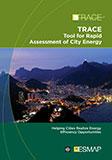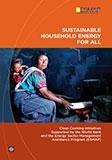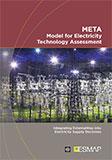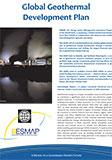Publications
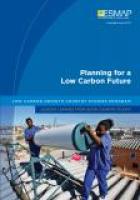
Developing countries are faced with the dual challenge of reducing poverty while improving management of natural capital and mitigating the emission of greenhouse gases and local pollutants.
The challenge is particularly acute for large, rapidly growing economies, such as India, China, and Brazil. In response to this challenge, ESMAP and the World Bank began in 2007 to provide support to countries to develop long-term frameworks for reducing GHG emissions in a way that is compatible with economic growth objectives and tied to national and sectoral plans. Seven studies were conducted between 2007 and 2010, covering Brazil, China, India, Indonesia, Mexico, Poland, and South Africa.
This report distills the lessons learned from these studies and is intended as a practical guide for government officials, practitioners, and development agencies involved in low carbon development planning.
